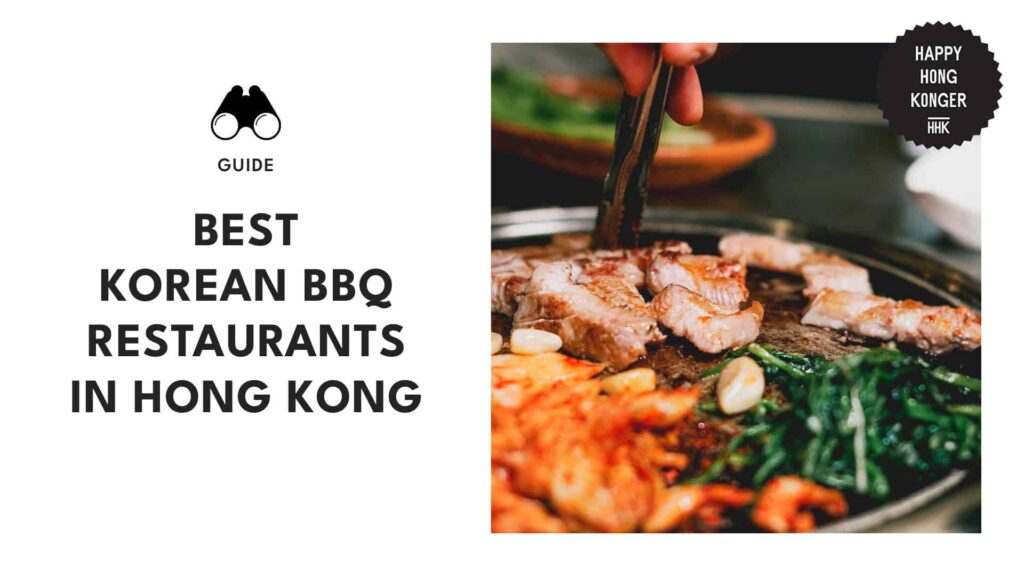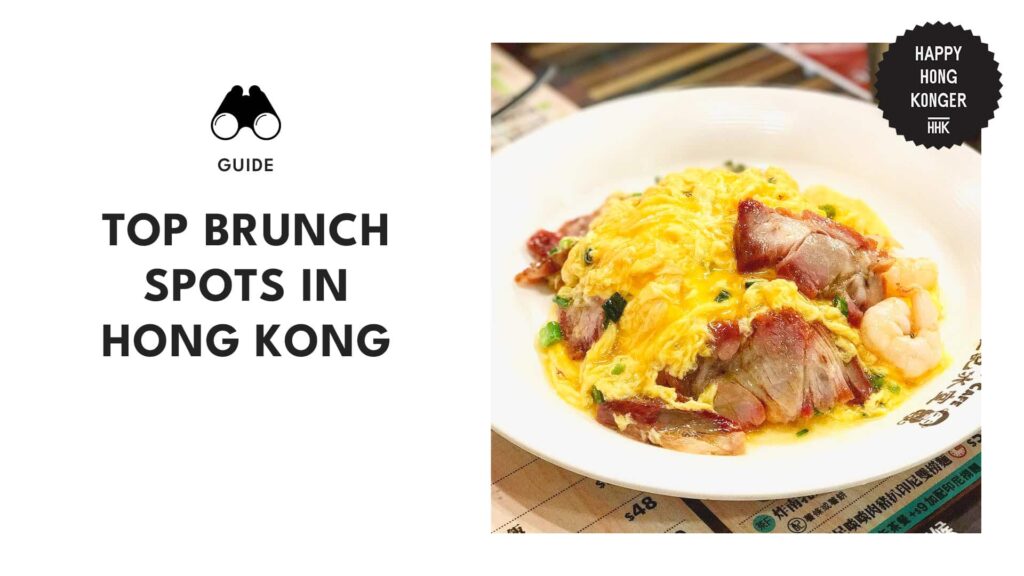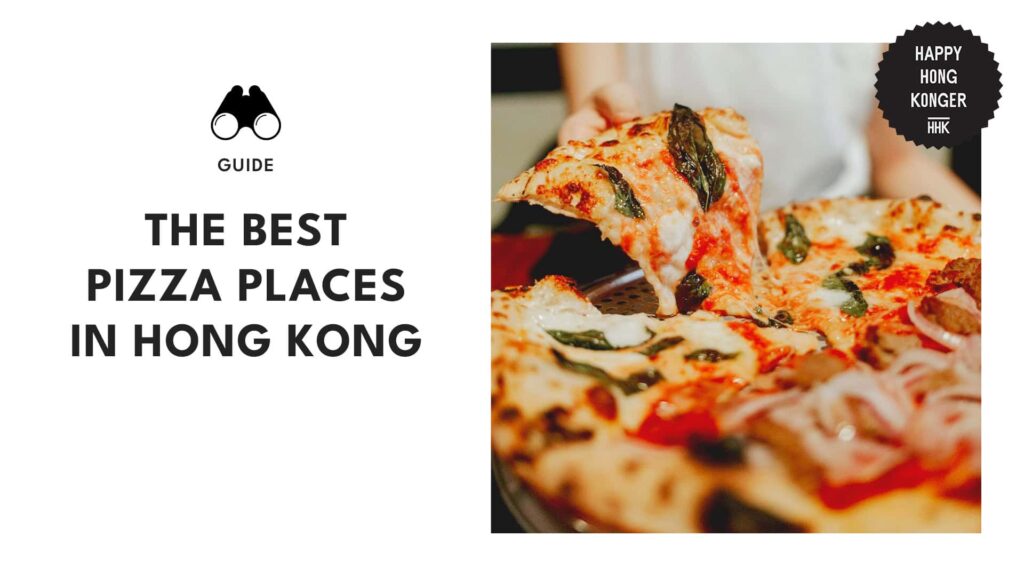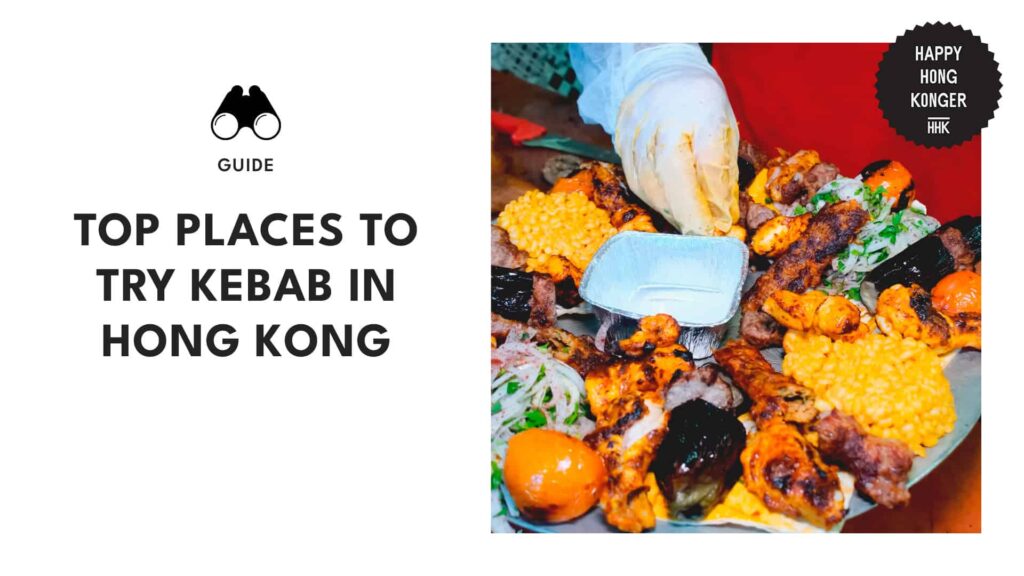Categories > Guides and Tips
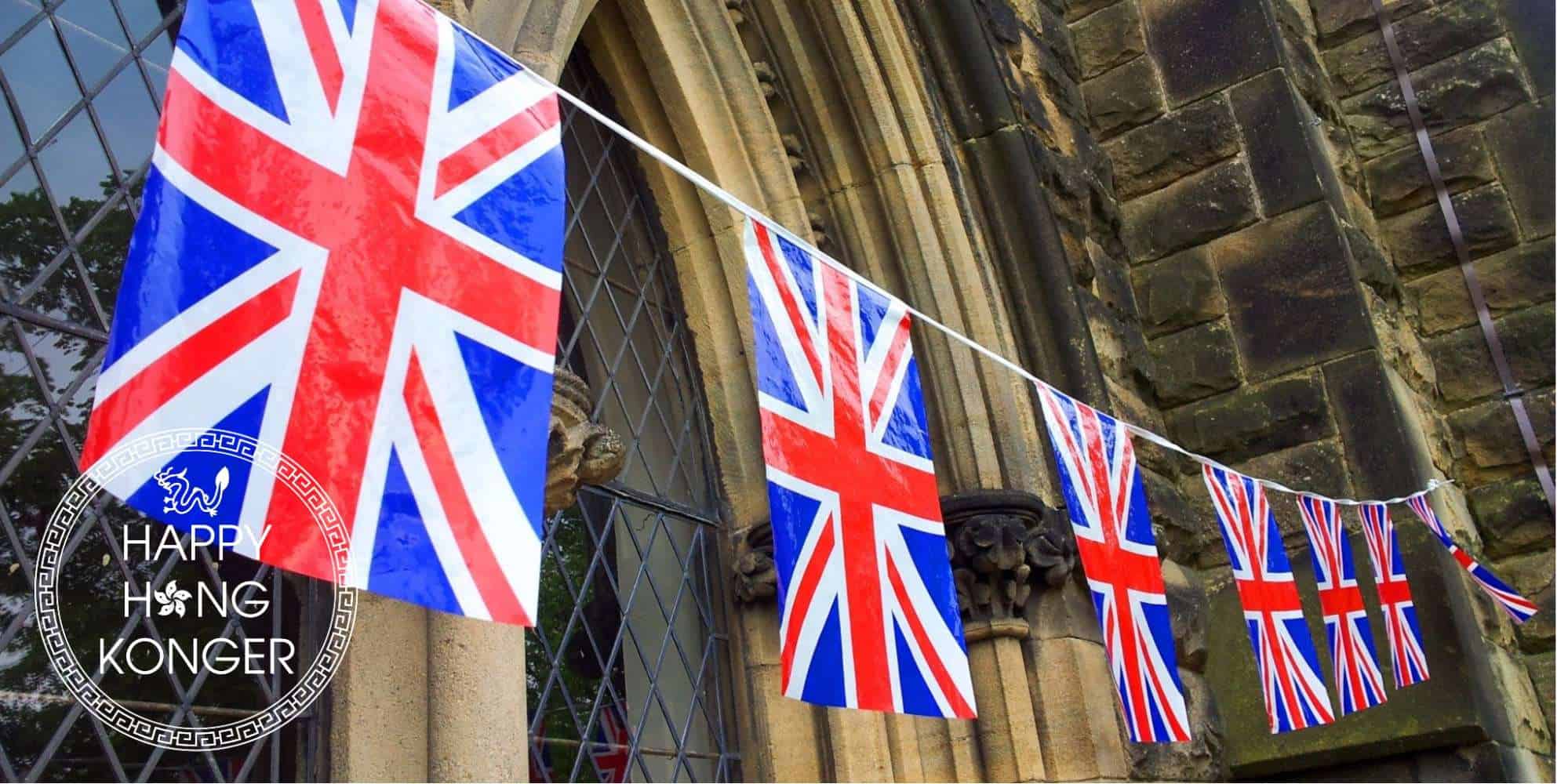
How do Hong Kongers feel about the UK?
Hong Kong used to be a British colony when China leased the then-barren island and surrounding regions to the Empire. For nearly a century, the British and Hong Kongers’ lives were intertwined, with the former establishing most of modern Hong Kong society.
So today, how do residents view their former colonizers? Let’s dive right in and discuss this in detail, from a Hong Konger’s point of view.
How do Hong Kongers feel about Britain and the UK?
Hong Kongers generally feel positive about the UK, with around 65% calling (the former) British rule of Hong Kong as a good thing in surveys. Many look at the UK with nostalgia and still view the European nation as a safer place to move to, especially after recent political events in Hong Kong itself.
However, this does not mean that all Hong Kongers dream of being a colony again, or that they all revere their past. To understand the nuances in this point of view, we have to dive deeper into Hong Kong’s story.
1. A Place of Escape
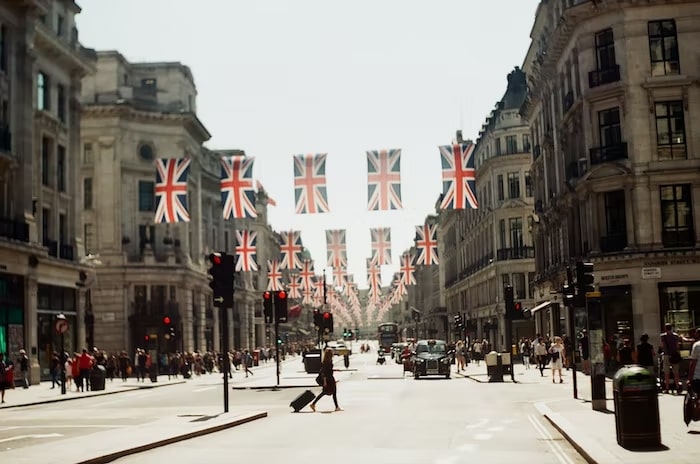
Due to the passing of the national security law in 2020 and strict pandemic rules, thousands upon thousands of residents are leaving Hong Kong.
Many are unhappy with the way Beijing has been tightening its grip over the region, so Hong Kongers and expatriates alike moved to other countries. One popular place of escape and refuge is the United Kingdom.
The UK is one of the easiest choices to migrate to because of its British National Overseas passport program, where millions of Hong Kong residents are eligible to apply and get the chance to live, work, and study in Britain – a pathway to British citizenship.
Many Hong Kongers see Britain as a place where they can escape the turmoil in Hong Kong and turn over a new leaf. Over a hundred thousand residents in Hong Kong have already applied for a BNO visa, and the UK expects up to 322,400 migrants in the next five years.
Quick Facts on Hong Kong Migration and the UK
| Number of people who left Hong Kong from 2019 to 2020 | 20,900 |
| Number of people who left Hong Kong from 2020 – 2021 | 89,200 |
| Number of Hong Kongers who applied for the BNO Visa from January to June 2021 | 140,500 |
| The UK’s expected number of migrants from Hong Kong to the UK from 2021 to 2026 | 258,000 – 322,400 |
2. A Beacon of Western Values and Liberties
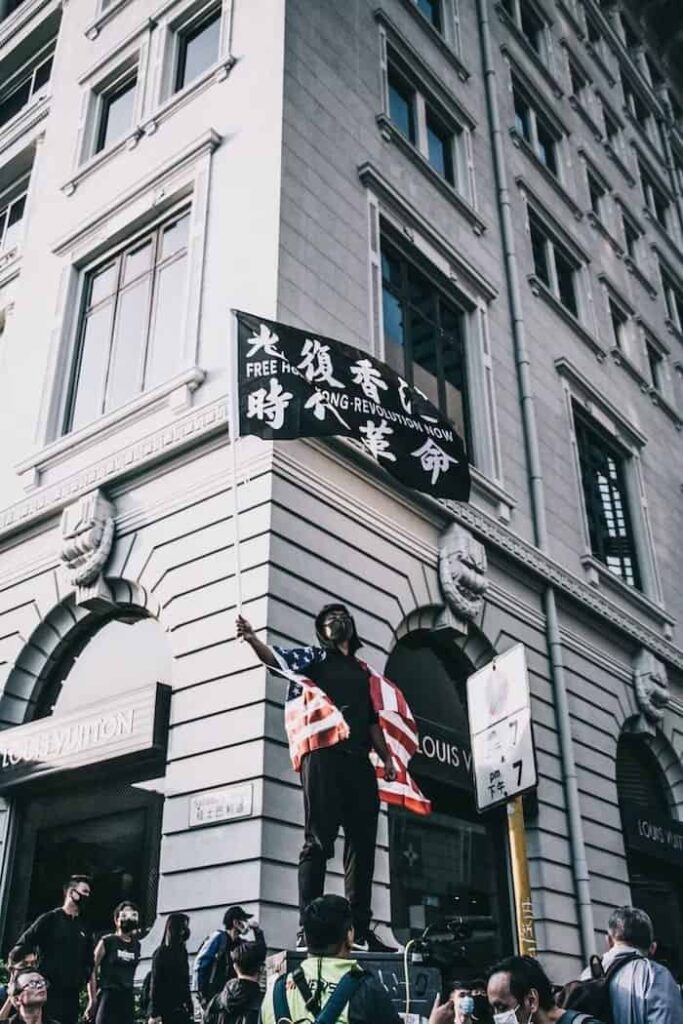
Many Hong Kongers view the UK as a symbol of Western values and liberties, in stark contrast to how they feel about China.
Such is evident during marches and demonstrations, where Hong Kongers use the flags of the US and the Union Jack to represent their cause.
In a protest in 2019, demonstrators even hung the British colonial flag in the legislative chamber to show their distaste towards the special administrative region’s government.
In an interview with the South China Morning Post, several Hong Kongers said that they carried American flags to represent freedom, while others say that they use them to raise international awareness and signal for help.
The use of both flags was also said to increase interest specifically in the US and the UK. Professor Hung Ho-Fung says that these flags may symbolize that protesters want to identify with liberty and justice.
Some Hong Kongers may feel nostalgia for the “good old days,” especially those who lived in Hong Kong before the handover and experienced colonial education.
However, this does not exactly mean that Hong Kong residents view their colonial past through a rose-coloured lens.
In an article by the Atlantic, Vivan Kong, a lecturer of Chinese history, said that “members of Hong Kong’s civil society long deployed the rhetoric of imperial cosmopolitanism as a strategic tool to counteract Chinese nationalism.”
In the same article, Jeppe Mulich, a lecturer of modern history, said that a certain level of colonial nostalgia is to be expected given the changes in the past decade. As such, Hong Kongers may just tend to see Britain as “the lesser of two evils” when compared to Beijing.
How was British rule in Hong Kong during their time as a colony?
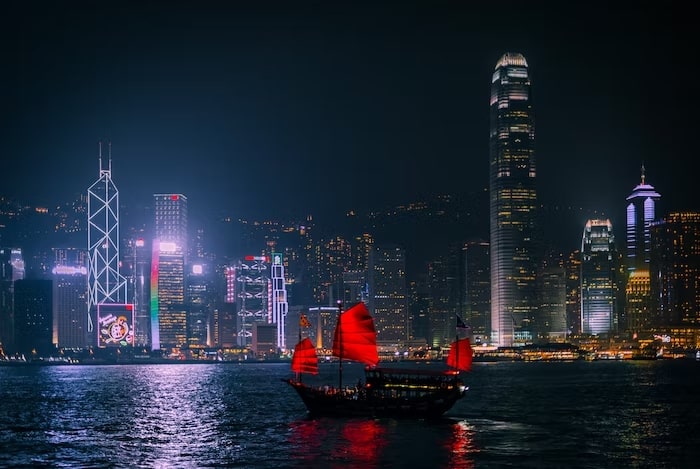
Hong Kong under the British Empire did indeed flourish and modernize, but life was far from utopian as Hong Kongers experienced discrimination and inequality. Also, Hong Kong did not have a democracy but was instead ruled by an appointed governor.
Back when Hong Kong Island and the rest of the region were leased to the British Empire, the area had very little to offer. Over time, it quickly developed, especially as a trading port and an opportunity for Chinese people to seek a better life in the west through emigration.
One could easily think of this time as some sort of golden age, as Hong Kong quickly industrialized, attracted foreign tourists, and boosted its economy under British rule.
However, the situation in Hong Kong was far from perfect, especially for locals. This is because Hong Kongers experienced racism and discrimination under the Empire’s rule, especially through ordinances and laws created by the government then.
An example of a historical racially based policy is the Light and Pass Ordinance passed in 1888, where only Chinese residents were required to carry a lamp at night.
Many believe that this law was passed under the presumption that Chinese residents were potential criminals.
In the 1960s, a series of labour disputes over hostile work conditions led to anti-government protests. During these times, the Royal Hong Kong Police Force closed down schools and employed heavy-handed tactics against protesters.
Other ordinances during British rule included segregating the Peak only for non-Chinese and Europeans, limiting rights to assemble, and more.
How are Hong Kongers’ lives in the UK?
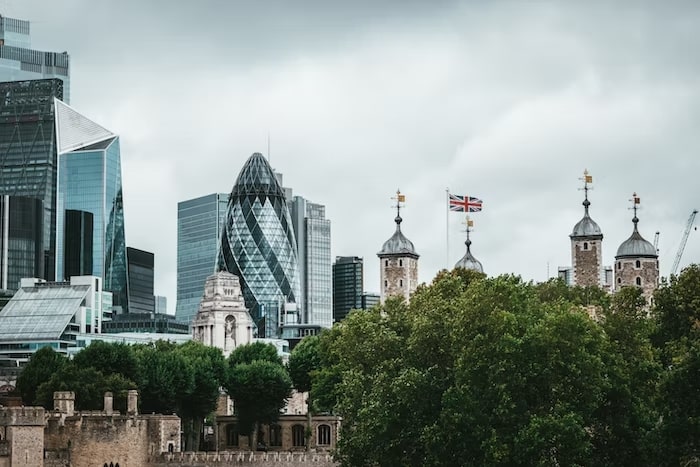
The lives of Hong Kongers living in the UK today appear to be generally satisfactory, especially as most of them have received a fresh start with the move.
However, many still live in fear of Beijing and report abuse for the move, both online and in real life, despite being miles away from their homeland.
In an interview with the Financial Times, several Hong Kongers gave their comments about life in the UK. Someone said their kids enjoyed their new life, but they all miss their families and the food from Hong Kong.
Many other interviewees say that they enjoy the fresher air, the new environment and lifestyle, and most especially their freedom.
Emigrants choose where to stay, usually renting out flats first before moving towards purchasing houses.
These migrants said that they consider the quality of schooling and education, crime rates, and other factors before settling on a place in the UK.
According to the article, Hong Kongers tend to avoid Chinese communities in the UK for fear of being reported to Beijing and placing their families’ and friends’ lives at risk back in Hong Kong.
It seems that these fears are not entirely unfounded. In November 2022, an immigrant from Hong Kong living in Manchester was attacked by several men emerging from the Chinese consulate, including someone believed to be a Chinese Communist Party official.
Interestingly, the BBC also documented a non-political YouTuber’s videos being edited and used as propaganda to deter Hong Kongers from moving to the UK.
In the same article from the BBC, Hong Kongers also claim to be getting attacked by propaganda – especially Hong Kongers in the UK who upload their daily lives and adventures on websites like YouTube.
Other pro-democracy campaigners and activists in the UK are also getting reports that they have bounties set out to reward anyone who would give them information regarding their locations.
How does the British National Overseas Passport work?

The British National Overseas (BNO) visa gives Hong Kongers the right to work, study, and live in the UK. The visa is renewable after five years, but those who wish to stay and become permanent citizens can also apply for citizenship via a simple process.
Originally, the British National Overseas title was given before the handover of Hong Kong back to China. Under the scheme, voluntary registrants will be classified as British nationals and Commonwealth citizens.
Now, Hong Kongers with a British national overseas title or their children born on or after 1 July 1997 can apply for the BNO visa.
Those who wish to apply for the visa may access certain benefits, especially if they do not have a place to live in the UK, cannot sustain essential living costs, or have very low incomes.
However, it is best to know beforehand that this visa does not come cheap. You and each of your family members have to pay an application fee, healthcare surcharges, and other necessary documentation.
The costs are as follows.
| File | Price (GBP) | Price (HKD) |
| Visa Application Fee | £ 180 (2.5 years) £ 250 (5 years) | $ 1,705 (2.5 years) $ 2,369 (5 years) |
| Healthcare Surcharge | Adults: £ 1,560 (2.5 years) £ 3,120 (5 years) Children under 18: £ 1,175 (2.5 years) £ 2,350 (5 years) | Adults: $ 14,866 (2.5 years) $ 29,560 (5 years) Children under 18: $ 11133 (2.5 years) $ 22,265 (5 years) |
| Required money to support yourself for 6 months | £ 2,000 for single adults; £ 3,100 for a couple with a child; £ 4,600 for couples with 3 children; etc | $ 18,949 for single adults; $ 29,371 for a couple with a child; $ 45,478 for couples with 3 children, etc |
